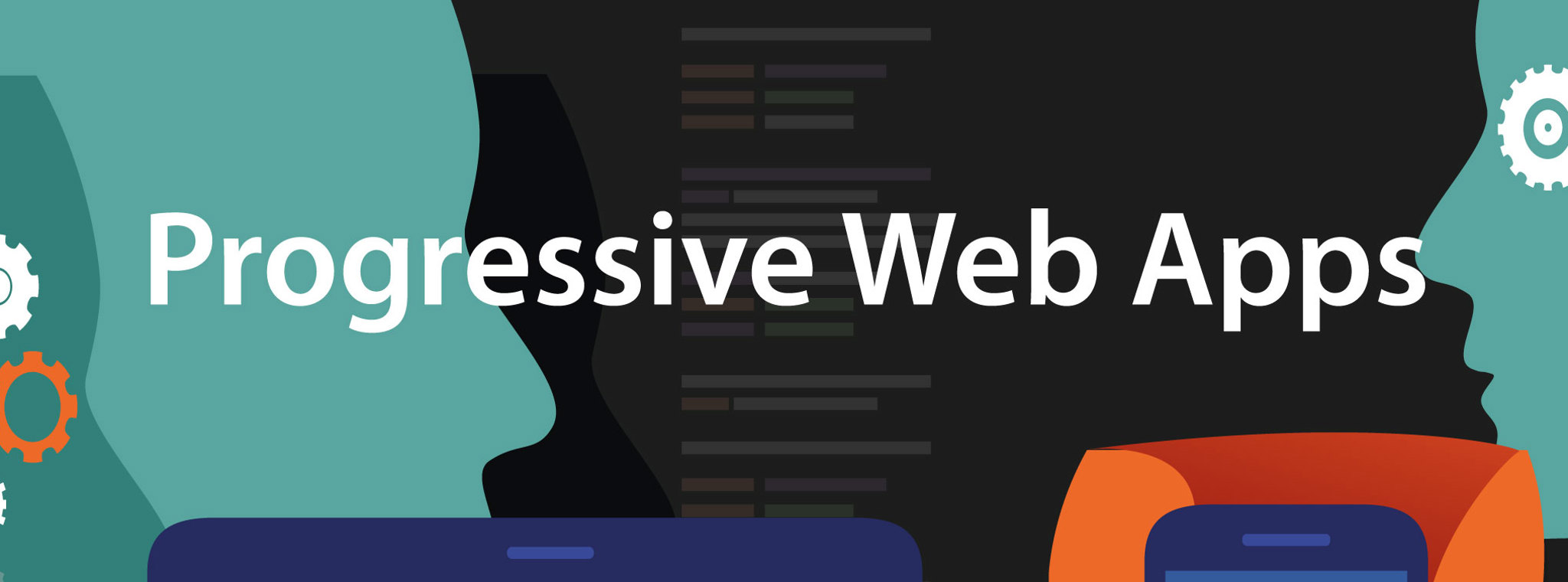What are Progressive Web Applications?
Solution Architect Chris Bryden explains about Progressive Web Applications and how PDMS is hoping to use the technology for the benefit of our clients.
What is a Progressive Web Application?
The term ‘Progressive Web Applications’ or PWAs for short, is a term that was coined in 2015 by Frances Berriman and Alex Russell to describe apps taking advantage of new features supported by modern browsers. The end result is that users experience an ‘app-like’ interface on internet browsers across mobile and desktop devices.
Fast forward to 2019, PWAs are used widely across the industry due to the advantages that come with web apps, including faster load times and smaller application sizes, combined with functionality more traditionally associated with native mobile apps, such as receiving push notifications and device hardware access.
PWAs work across all compliant internet browsers and can be installed seamlessly alongside native applications on iOS and Android mobile devices, and since PWAs are web applications, they can be downloaded directly from the browser without having to be distributed via the Apple App Store or Google Play.
Characteristics of a PWA
According to Google developers, the characteristics of a PWA are:
- Progressive — works for every user, regardless of browser choice, using progressive enhancement principles
- Responsive — fits any form factor: desktop, mobile, tablet, or forms yet to emerge
- Connectivity independent — service workers allow offline uses, or on low-quality networks
- App-like — feels like an app to the user with app-style interactions and navigation
- Fresh — always up-to-date due to the service worker update process
- Safe — served via HTTPS to prevent snooping and ensure content hasn’t been tampered with
- Discoverable — identifiable as an “application” by manifest.json and service worker registration, and discoverable by search engines
- Re-engageable — ability to use push notifications to maintain engagement with the user
- Installable — provides home screen icons without the use of an app store
- Linkable — can easily be shared via a URL and does not require complex installation
PDMS and PWAs
We have spent time researching the available technologies for the next generation of MARIS offline functionality and feel that PWAs offer a future-proof solution for our clients.
At May’s MARIS user group, we demonstrated a proof of concept ‘MARIS Connect’ which is a PWA that demonstrates these technologies and integration with the MARIS platform for offline general inspections. Having demonstrated the technology, we are now looking to work with the MARIS user group to define and prioritise the functionality that we can implement using these technologies to deliver the most value to our MARIS customers.

